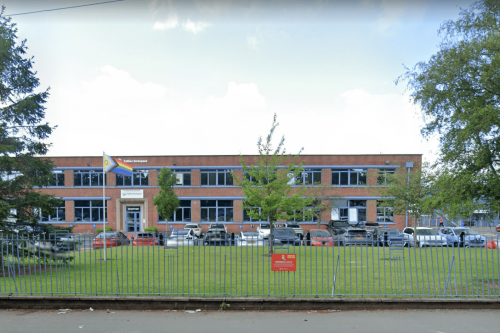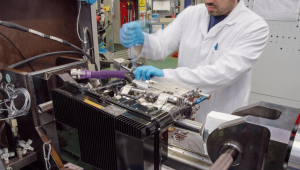$1.8bn deal sees Wolverhampton aerospace business acquired


Credit: Safran
A jet engine maker is set to acquire the flight controls business from Collins Aerospace.
The $1.8bn deal by Safran is to enable the group to become a global leader in critical flight control and actuation functions and combine its knowledge with Collins to create future sophisticated aircraft programmes.
Collins’ global headquarters for its mechanical systems is held on the Stafford Road in Wolverhampton and the firm employs more than 1,300 people from the West Midlands. The site supplies actuation and flight control systems for commercial, military aircraft and helicopters and counts Lockheed Martin as one of its clients.
The business has around 3,700 employees across its eight facilities in Europe (France, UK and Italy) and in Asia and is expected t generate sales of approximately $1.5bn and an EBITDA of $130m in 2024.
Collins joined the RTX group in 2020 (formerly known as Raytheon Technologies) which is one of the Pentagon’s top contractors. The group includes engine maker Pratt & Whitney, which said more than 1,000 engines must be removed from Airbus planes and checked for cracks on Tuesday, leading to a 10% drop in RTX stocks.
French firm Safran employs more than 83,000 staff in 27 countries, and operates across the aviation, defence and aerospace markets.
Olivier Andriès, CEO of Safran commented: “The contemplated transaction represents a unique opportunity to develop our position in mission critical actuation and flight control functions. Our highly complementary product offerings would create a global leader in these segments with around $1.8 billion of sales.
“The transaction would enable us to deliver a comprehensive offering to our clients and position us extremely well for next-generation platforms as the segments move toward increased electrification. The business is a perfect fit with both our product portfolio and our DNA with leading technologies, recurring aftermarket sales, and profitable growth.”
The deal is subject to approvals and is expected to close in the second half of 2024.
Demand for aircraft has rebounded since the coronavirus pandemic, but the industry is now struggling with supply chain problems, which are affecting production. The Collins transaction is set to close in the second half of 2024, and Andriès said Safran was prepared to make small divestitures if needed for antitrust reasons.
The deal would generate pre-tax cost savings of $50mn a year that would start to be felt from 2025, Safran said. Other defence and technology groups are also betting on businesses that will be critical as aircraft become more connected. Earlier this month, France’s Thales said it was in exclusive talks to buy antenna and communications systems supplier Cobham Aerospace Communications for $1.1bn.








